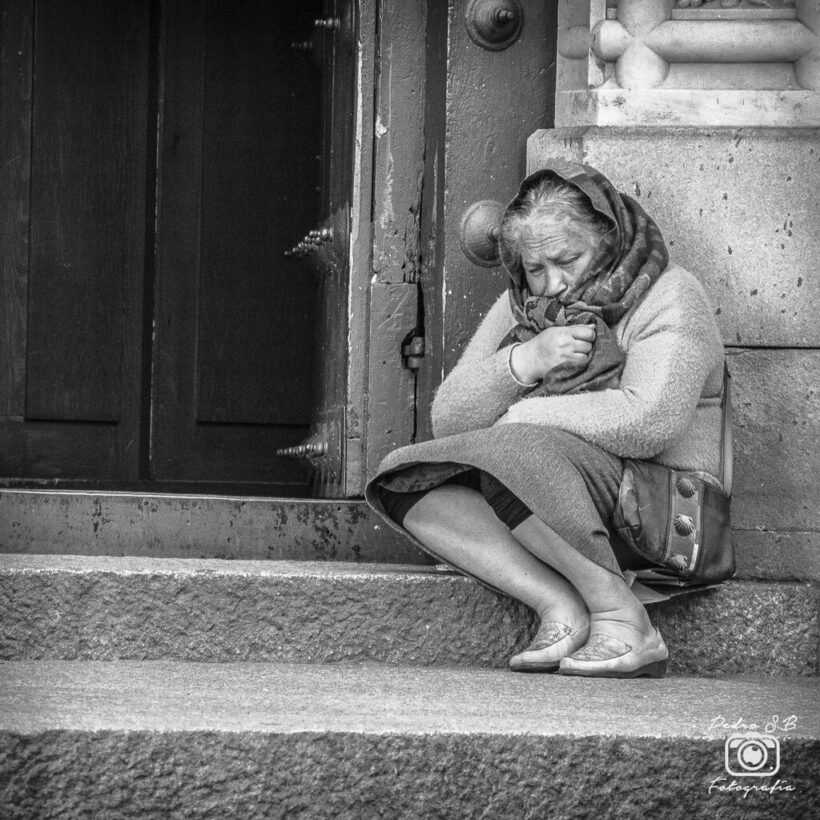This October 17 marks the 31st anniversary of the proclamation by the United Nations of the International Day for the Eradication of Poverty, but the first time it was celebrated was on October 17, 1987 in Paris, when more than 100,000 people gathered in the Trocadero Square to demonstrate for Human Rights and freedom for the victims of poverty, hunger, violence and fear.
If in recent decades, thanks to sustained government policies, extreme poverty has decreased in some regions of the planet, the number of people living in conditions unworthy of human beings is still considerable.
By the end of 2022, it was estimated that 8.4% of the world’s population, or 670 million people, still live in extreme poverty, with a daily income of less than US$2.15.
Furthermore, the International Labor Organization (ILO) estimates that almost two-thirds of the world’s working population, or more than two billion people, are informal workers, with Latin America and Sub-Saharan Africa having the highest levels of casual labor. In 2020, only 46.9% of the world’s population was actually covered by at least one social protection benefit, leaving more than half of the world’s population totally unprotected.
Moreover, poverty is now understood as a multidimensional phenomenon that also includes the lack of basic capabilities to live with dignity, such as dangerous work conditions, insecure housing, lack of nutritious food, unequal access to justice, lack of political power and limited access to health care. In other words, an absolute violation of human rights.
At the same time, at the other end of the spectrum, wealth has become highly concentrated, and the two phenomena are inextricably linked. As pointed out by the Deputy Director General of the International Labor Organization (ILO) Manuela Tomei in February of this year, the richest 10% of the world’s population currently earns 52% of the world’s income, while the poorest half earns 6.5%.
Therefore, if we really want to get to the root of the problem, to eradicate poverty we will have to not only level up the socioeconomic situation of millions of people, but also level down the shameless accumulation of resources of minorities today anesthetized by luxury and unbridled and irrational consumption.
A good start could be to install a universal basic income for every human being on Earth, which would allow for more auspicious development conditions and, at the same time, would clearly show that something is changing within us.






